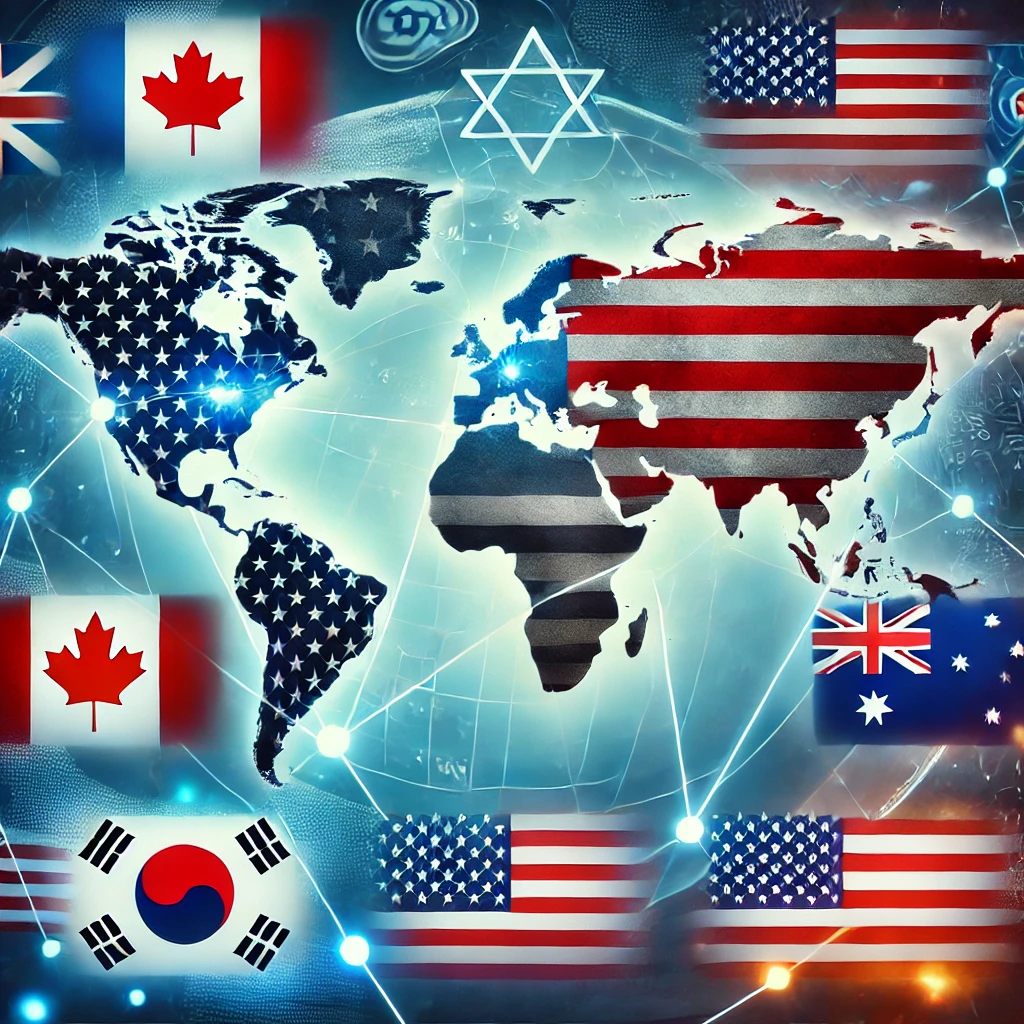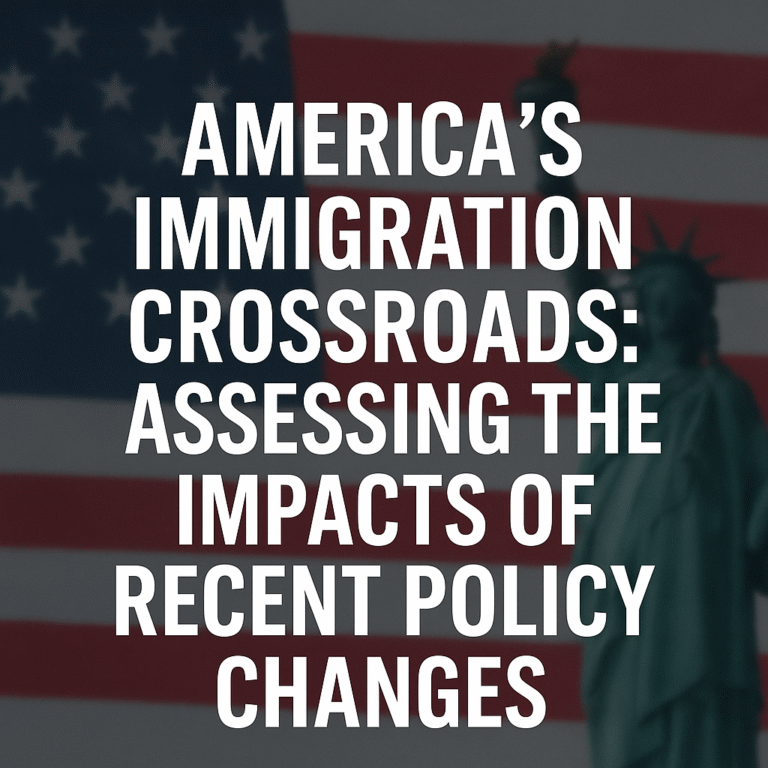
Since assuming office, President Donald Trump’s foreign policy has marked a significant departure from traditional U.S. diplomacy, emphasizing an America First approach that has reshaped relationships with allies and adversaries alike. This strategy has led to strained alliances, a reevaluation of international commitments, and a complex relationship with Russian President Vladimir Putin.
Strained Alliances and NATO Relations
President Trump’s tenure has been characterized by a critical stance toward longstanding alliances, particularly the North Atlantic Treaty Organization (NATO). He has frequently questioned the financial contributions of member nations, suggesting that the U.S. bears an unfair burden in collective defense. This skepticism has led to tensions within the alliance, with some European leaders expressing concern over America’s commitment to mutual defense obligations.
In recent developments, the Trump administration has signaled a willingness to accept Russia’ s demand to keep Ukraine out of NATO, a move that has significant implications for European security dynamics. Defense Secretary Pete Hegseth has ruled out NATO membership for Ukraine and called the idea of Crimea returning to Ukraine un realistic further complicating the geopolitical landscape.
Relations with Canada and Other Allies
Beyond Europe, President Trump’s policies have also impacted relationships with neighboring allies such as Canada. Trade negotiations have been contentious, with the administration seeking to renegotiate agreements to favor American interests. These actions have sometimes been perceived as undermining the spirit of cooperation that has traditionally defined U.S.-Canada relations.
The Trump-Putin Dynamic
A particularly enigmatic aspect of President Trump’s foreign policy is his relationship with Russian President Vladimir Putin. Before his political career, Trump expressed admiration for Putin, praising his leadership qualities. During the 2016 presidential campaign, questions arose regarding potential connections between Trump’s team and Russian officials, leading to investigations into Russian interference in the election.Â
Throughout his presidency, Trump has often been reluctant to criticize Putin, even in the face of actions that conflict with U.S. interests, such as Russia’s annexation of Crimea and its involvement in Syria. This reluctance has led to speculation about the nature of their relationship and whether Putin possesses leverage over Trump. However, concrete evidence supporting these claims has not been publicly substantiated.
Consequences of Isolationist Policies
The administration’s inclination toward unilateral action and skepticism of multilateral agreements have led to concerns about America’s role on the global stage. Critics argue that distancing the U.S. from international institutions and longstanding allies could diminish its influence and embolden adversaries. The recent acceptance of Russia’s stance on Ukraine’s, NATO membership, for instance, has been likened to historical appeasement, raising alarms about the potential erosion of international norms.
Looking Ahead
As the Trump administration continues to navigate complex international waters, the long-term implications of its foreign policy approach remain a subject of intense debate. Supporters argue that prioritizing national interests and demanding equitable contributions from allies are necessary corrections to outdated paradigms. Opponents, however, caution that such strategies risk isolating the U.S. and undermining the collaborative frameworks that have underpinned global stability since World War II.
Understanding the nuances of these policies and their historical contexts is crucial for assessing America’s future role in the world and the preservation of its strategic interests.





